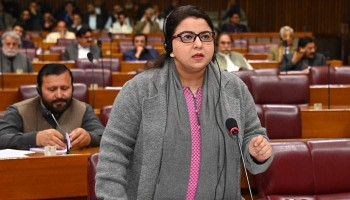
Pakistan’s digital landscape has undergone rapid transformation over the past few years, with internet use increasing due to rising mobile adoption. Despite Pakistan's internet penetration crossing the 50% mark, slow internet speeds and inconsistent connectivity have remained a routine hectic for millions.
Why internet is slow in Pakistan
As noted by TechMag, the internet issue in Pakistan is a result of poor infrastructure, and although urban cities like Karachi, Islamabad and Lahore are equipped with high-speed fibre networks and reliable mobile coverage, rural and remote areas are left behind.
The above-listed regions have a lack of fundamental telecom facilities and are relying on outdated DSL or patchy wireless services. This urban-rural digital divide is a major factor which has notably contributed to why the internet is slow in Pakistan.
In Pakistan, Mobile internet is the primary source of internet access, in most cases, with over 190 million mobile users accounting for this domain.
Besides network disconnect, internet shutdowns have also remained another considerable reason behind bandwidth throttling, triggered by political events and regulatory uncertainty nationwide.
Despite government-backed initiatives like the Universal Service Fund and the Smartphone for All programme, which recently kicked off, delays in implementations, like that of 5G, and policy inefficiencies have played a vital role in slowing down the internet across Pakistan.
















